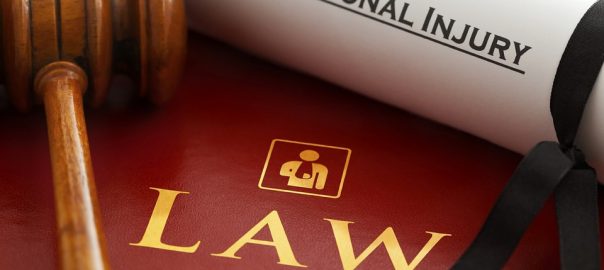Those looking to pursue a career in law will know that training contracts and pupillages are the golden ticket – and final step on the road to qualifying as a solicitor.
This period of recognised training helps you put your knowledge into a real-life context, and over two years you have the chance to learn about the law firm’s different departments, including contentious and non-contentious practice areas, and get training from an expert in the field.
With a training contract in place, you can pass the Professional Skills Course (PSC). You’ll need to have gained experience in client care and professional standards, financial and business skills and advocacy and communication skills.
With major opportunities for development at stake, you’ll need to find the law firm that’s right for you. LawCareers.Net has a great training contract search, so it’s worth beginning your search then.
Once you’ve made a list of firms you’d like to work with, you need to be able to stand out from the crowd. How do you do that when there’s so much competition?
With over 40 years’ of experience, Bindman & Co solicitors know what makes a great applicant. They have heavily invested in the training of future solicitors and legal professionals in their native North East, recently welcoming two apprentices and providing a Law Training Contract to one staff member.
Tapping into his years’ of experience, senior partner Leslie Bindman — who has been practicing for 41 years — has shared some advice on how to pip the competition to the post for that vital training contract…
Be selective – and know why you’ve picked the firm
You don’t want to limit yourself by only applying to one firm, but a scattergun approach won’t show your interest in an individual firm. Make your choice wisely, and make sure you include some reasons why you applied to that firm in particular. Be considered, complimentary and honest.
Make sure you meet the firm’s criteria and show it in the application
You’re wasting your time – and the firm’s – if they need you to have grades you haven’t achieved, or don’t meet other criteria. Only apply for positions you are eligible for, and your 100 percent more likely to succeed. When it comes to the application, answer exactly what you’re asked – if you need to give two examples, give two. The devil’s in the detail, and you need to be able to follow briefs and instructions to the letter.
Get as much industry experience as possible
It’s an obvious one, but that’s because it’s so important. You need to show your dedication to the job and the industry, and having undertaken work experience is a great way to do this. Summer and winter breaks are a great time to do this – shadow a solicitor for a week, or answer the telephones in a firm – it all helps.
Show you’re a worker
Law’s an intensive course, so law firms are always impressed if candidates have managed to have a job whilst studying. It shows you’re a hard worker, stand on your own two feet, and can handle different types of responsibility.
Give it some personality
The law firm has to work with you for two years – if not longer if they offer you a position – so you need to makes sure you’re likeable. Find ways to showcase your personal interests and personality. Be yourself too, you want them to like you for you, and you need to be comfortable while you work there.





